The Rhetoric Stage of Learning
If our students in the grammar stage focus on the building blocks of “what?”, and the dialectic/logic stage students ask “why?” then the rhetoric stage focuses on “how?” This stage digs deep, asking the big essential questions about the world, picking them apart with less hands-on guidance from their teachers, discussing with one another, and learning to stand on their own as they prepare for life beyond these halls of learning. The big project at the end of it all is the senior thesis (which we’ve written extensively about before–check out the blog!), but how do we prepare them for this massive capstone project?
Our classes from tenth-twelfth grade write reflective, persuasive, and analytical papers (with some meaty creative writing woven in there), and wrestle with bigger, deeper, more difficult themes. Humane Letters transitions out of being the primary writing class, asking students more thoughtful, reflective questions, while keeping students in the habit of writing regularly.
The most concrete examples of our students moving into the rhetorical “how?” stage are our rhetoric classes. Rhetoric is the art and science of persuasion, named and codified by the Greek philosopher Aristotle but perfected by Roman orators like Cicero and Quintilian. In Rhetoric I (11th grade), we break down how great writers and speakers persuade. We start by learning Aristotle’s canons of rhetoric (Invention, Arrangement, Style, Memory, Delivery) to examine how a person could go from idea (invention) to structure and composition (arrangement and style) to the presentation (memory and delivery) of persuasive discourse. Then we spend the year breaking down how rhetoricians do their job by reading the greats: Churchill, Lincoln, Wilberforce, Hitler, and Chamberlain, to name a few. Along the way, they write reflections and responses and analyses, picking apart how these rhetoricians do their jobs. They also write their Junior Thesis, looking philosophically at something they’ve studied throughout their time at TRA.
Then, Rhetoric II (12th grade) spends the entire year doing what they studied how to do (and practiced in their junior year): write a rhetorical thesis. They spend the summer before their senior year (and a month or two into the school year) in the Invention process–coming up with and researching their argument. Then they plan and write, and revise, and rewrite their Senior Thesis in preparation for the Senior Thesis Defense: a 20-25 minute speech followed by a 20-25 minute question and answer session in front of a large part of the school. This is not the first time that students have spoken in front of people. We do this in class regularly, though with increasing regularity as they move up in their learning stages. Rhetoric II focuses primarily on public speaking, practicing throughout the year, all in preparation for our students standing on stage, speaking truth with clarity, goodness, and beauty.
Once they successfully summit the dreaded Mount Thesis, once they cross the stage and receive the diploma that they have so thoroughly earned, they can look back on the peaks and valleys, the crags and crannies of their writing through all the stages has prepared them not only for college or work but for becoming lifelong learners.
